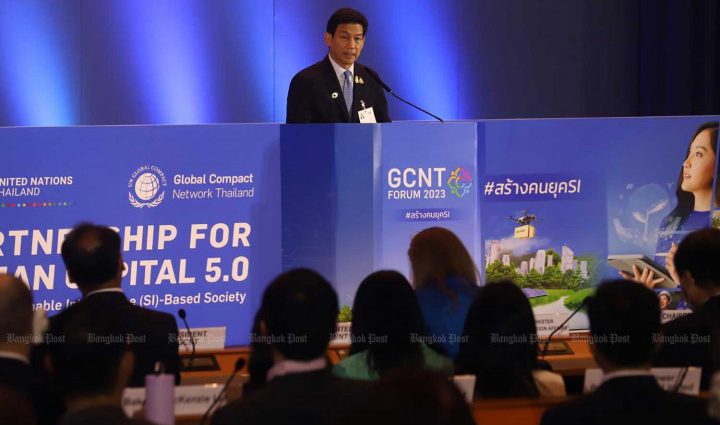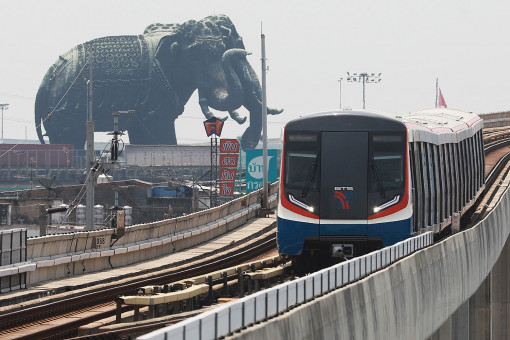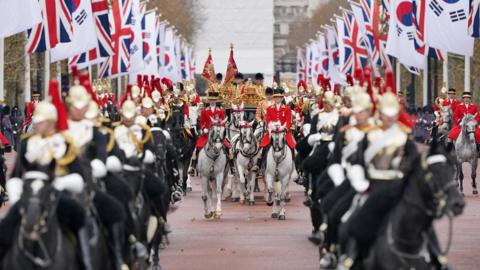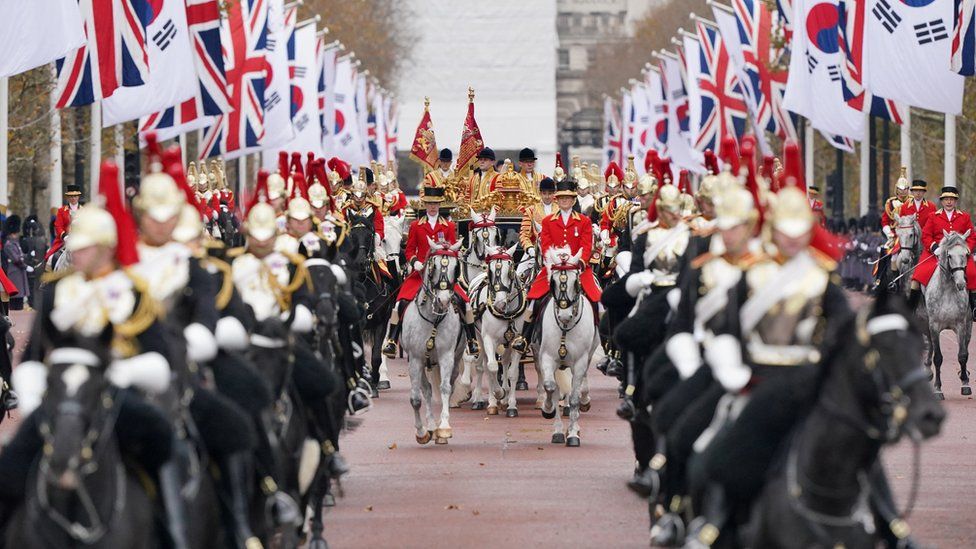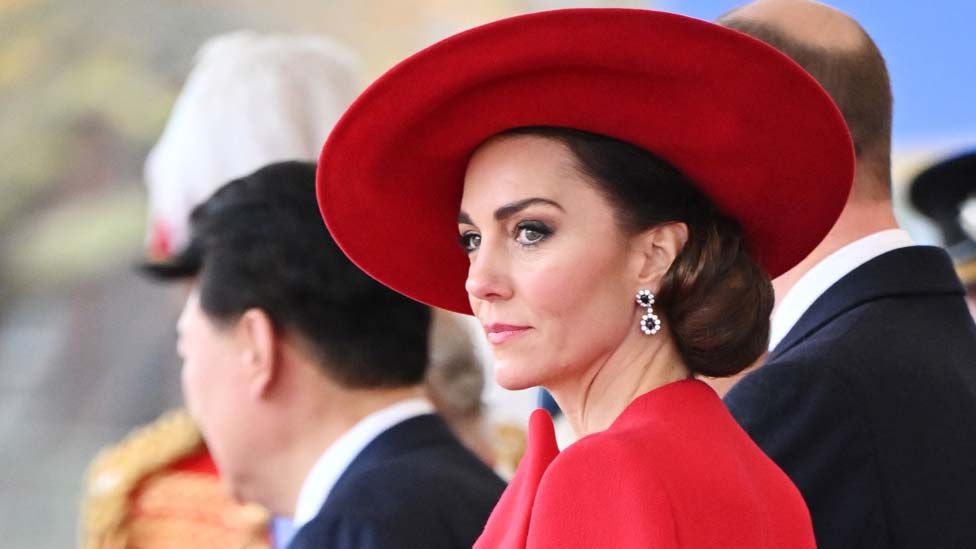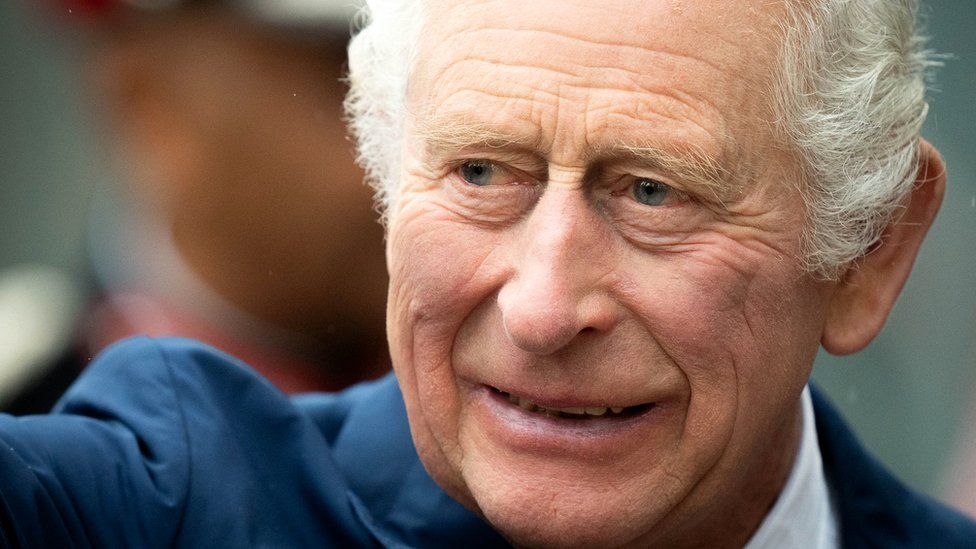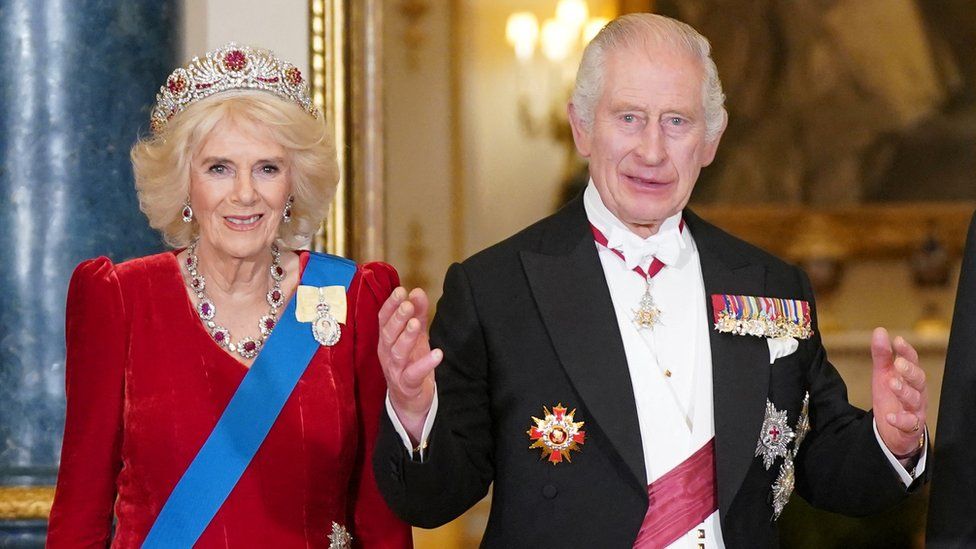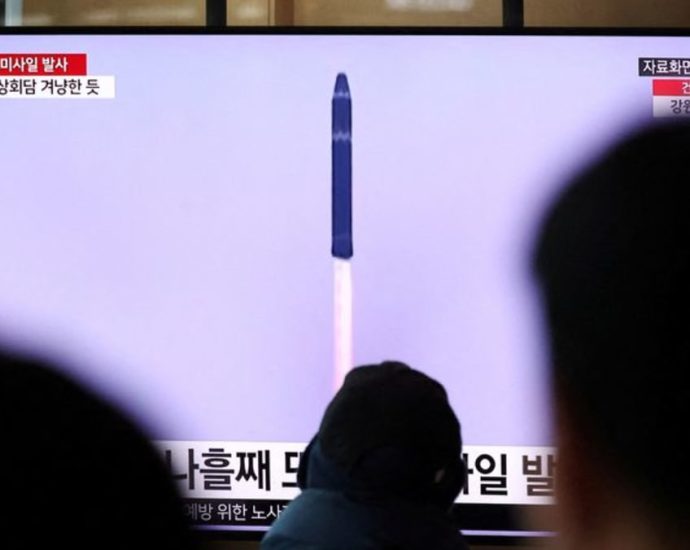‘Society 5.0’ needs upskilling: forum
Human resources ‘must be upgraded’
PUBLISHED : 23 Nov 2023 at 04:13

The government should invest more in developing human resources to prepare for the coming of Society 5.0, in which innovative technology and artificial intelligence (AI) will play a key role in driving the global economy, according to the chairman of Global Compact Network Thailand (GCNT).
Speaking at a GCNT Forum 2023 event on the topic of “Partnership for Human Capital 5.0 towards Sustainable Intelligence (SI)-Based Society”, Suphachai Chearavanont said human resources are a key element that will see the country achieve the United Nations Framework for Sustainable Development Goals (SDGs).
Improved human resources are important for driving Society 5.0 as AI and advanced technology will have a major role in economic and social development.
He said the global human capital index indicated Thailand should take immediate action and accelerate its investment in human resources development. Thailand’s human capital investment is low compared to GDP growth.
“We have no time to wait. Under Society 5.0, we will face many threats amid a lack of in-depth knowledge and technological skills. We need to prepare our human resources to create a Sustainable Intelligence-Based Society, or SI Society. We need to strengthen both norms and ethics to create the landscape of ‘SI over AI’ to prevent any misuse of technology,” Mr Suphachai said.
He suggested education institutes make efforts to enhance the capacity and skills of 12.5 million students for future work with AI technology.
A big change in the education system is needed. A teacher should be a coach for students in a new learning system such as action-based design learning. Meanwhile, the private sector can take part by promoting good business practices and good governance to students.
“A transition to Society 5.0 should be done based on responsibility. We should also upskill those fragile groups such as the disabled, migrant workers and people outside the education system, including 39.6 million low and middle-income workers, who account for 90% of the labour force. No one should be left behind,” he added.
Foreign Affairs Minister Parnpree Bahiddha-Nukara, who presided over the forum, said the government has stressed human resources development, saying high quality human capital would help achieve the SDGs.
Meanwhile, Gita Sabharwal, the UN’s Resident Coordinator in Thailand, said the GCNT Forum affirmed Thailand’s ambition to lead in achieving sustainable development goals through closer collaboration between the government and private sector. The UN also welcomed up-skilling and re-skilling workers.
The UN aims to promote human capital, whereby at least one million people in 133 member countries will be upskilled by the year 2030, and include a Sustainable Intelligence Youth Club by the year 2024.

